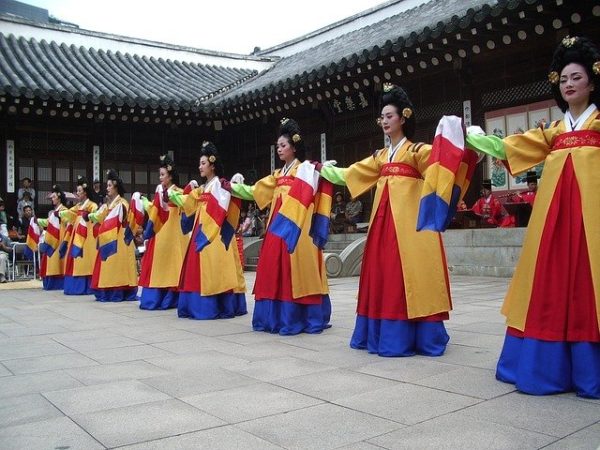Why learn Korean Language?

There are more than 75 million people who speak Korean. And it ranks 18th among the most used languages in the world. This makes the language useful for travel, or business. If you plan on doing any sort of business in the country, you will need to know Korean. It’s a sign of respect your business partners will appreciate. And thanks to Korea’s large economy, the country is also a great vacation destination. When you visit, knowing Korean will put you at an advantage. Not only can you communicate and navigate successfully, but you can also discover hidden spots that tourists don’t usually know about.

You may think that Korean is hard to learn because it has a different writing system. But learning Hangul, the Korean alphabet, is very easy. The Korean language is considered to have the most logical system of writing in the world. Hangul didn’t slowly evolve. Instead, it was purposefully crafted to fit the speech of the language perfectly. King Sejong, who ruled during the Joseon dynasty, is the mastermind current system. Before it was introduced, people would substitute Chinese characters for Korean. Hangul has 24 letters (2 less than English), and are all spelled phonetically. Languages with words that are spelled phonetically are much easier to grasp. For example, ㄴ, pronounced “ni-eun”, resembles the English letter N, and looks exactly the way your tongue would look forming the sound. The simplicity of the alphabet is just one of the reasons why you should learn Korean.
As we mentioned before, the Korean alphabet is built on the sounds of the language. Thanks to the phonetic letters, Korean pronunciation is very logical. You pronounce everything that’s written. Whenever you think that speaking Korean is difficult, think of how much worse other languages have it. There are no guttural sounds in Korean, like in Arabic or Hebrew. And there are also no consonant clusters, like in Polish or Georgian. But most importantly, Korean is not a tonal language, unlike other East Asian languages. This makes speaking Korean a lot easier.
Korean Has No Verb Conjugations
Korean grammar isn’t complicated. For instance, you don’t have to worry about conjugating verb forms in Korean. No matter if the verb is plural or singular, it uses the same form.Many other languages conjugate verbs, which can be very difficult to learn. The difficulties of verb conjugation of leave learners frustrated enough to quit. Since you do not have to worry about verb forms in Korean, you can sail right past that roadblock and wave “bye-bye” to those annoying verb conjugation charts.